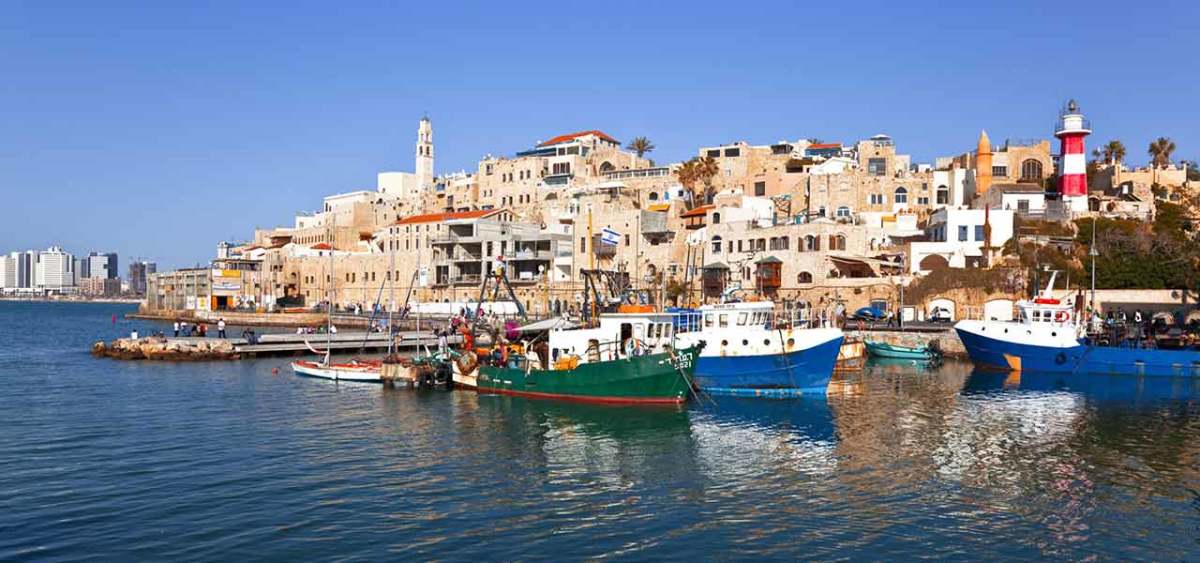Lending Commercial Law of Papua New Guinea
1. Introduction

The commercial Banks receive and hold money on behalf of any depositors for safe keeping, and to lend this money for worthwhile purposes, which help the economy of a Country, so as same to Papua New Guinea.
In order to attract depositors, the Banks offer incentives in the form of interest payments, which vary considerably depending on the amount and terms of the deposit. The Banks then satisfy the needs of other sectors of the community be lending these deposits to other parties at a higher interest rate, using the margin between the deposit interest rate and the lending interest rate to cover the expenses such as opening overheads, staff salaries and dividends for shareholders investments in the bank.
Rates for lending are based on what is called, Indicator Lending Rate or ILR. The ILR is the base rate or prime rate upon which interest rates are determined. For example the ILR and a margin is usually applied to reflect the purpose of the advance, prospects of the enterprise and security provided. All banks operate in a similar way.
Lending by banks is regulated to a certain degree by Bank of Papua New Guinea regulations. Currency Policy laid down by the Central Bank is that commercial Banks may lend to natural persons or companies for almost any viable project or purpose. However, the banks are directed to make special efforts to lend to individuals for home-ownership, lending for the purpose of purchase of overseas investments is strictly prohibited.
2. Four Fundamental Issues to Consider
In all lending, the general principles are similar and there are four fundamental question which the lender must ask:
(1) How much is wanted?
(2) What is the purpose?
(3) For how long will it be required?
(4) What is the source of repayment?
There is an element of risk in every loan and as the bank is actually lending its depositors money it is the lenders responsibility to ensure this risk is acceptable to maintain the ‘Safe as a Bank Image’.
Once the lender has satisfactorily answered the four fundamental questions previously mentioned and the purpose confirms with government directive he or she must then satisfy him/herself that the risk is acceptable by considering the following factors:
(A) FOR INDIVIDUALS
- Adequate income
- Stability of residence
- Stability of employment
- Acceptable employment
- Personal stability
- Assets accumulation
- Other commitments
- Value of connection
(B) FOR FIRMS AND COMPANIES
- Directors/Shareholders/Proprietors Integrity and Business Acumen
- History
- Markets
- Profitability
- Financial Position
- Cash flow forecasts
- Security
- Other Commitments
- Value of connection
Let us now look at the different categories of lending and study each facility in detail:- (Next sub topic)
3. Persona Loan (PNL)

As the name implies, these loans are available to individuals or couples, for any worthwhile purpose of a personal nature, for instance, to purchase a motor vehicle, to buy furniture, to meet holidays expenses, school fees or medical expenses, personal loans are usually unsecured, in the range of K200.00 to K500.00 and must be repaid by fixed installments either fortnightly or monthly, over a maximum terms of 3 years. At some banks the interest rate for personal loans essential purposes such as school fees, can be lower than that for luxury items such as televisions or motor vehicles.
This type of loan is restricted to only few persons who may be trustworthy and have good reputations who can repay the loan as per schedule without defaulting its terms and conditions.
4. Overdrafts (O/D)

An overdraft may be granted to individuals for personal needs or to firms’ short-term business groups and companies for working capital requirements of a fluctuating nature or seasonal needs.
In the case of individuals an overdraft is usually only granted to meet a short-term funds shortage to meet urgent needs. For example, an employer may grant an overdraft to meet urgent motor vehicle repairs pending receipt of next salary, or medical expenses or school fees pending reimbursement. An overdraft is simply an arrangement with the bank for your cheque account to be overdrawn up to an agreed limit. Overdrafts can be on a secured or unsecured basis with interest rate ranging differing between secured and unsecured advances.
For firms or companies overdraft may be appropriate for specified periods for seasonal requirements e.g. coffee exporters may require funds to purchase coffee for ¾ months during the peak coffee season, or it may be necessary on a semi-permanent basis, e.g. wholesaler may require overdraft assistance every month between the 1st and 15th days while awaiting payments by debtors for previous months sales.
In the latter case it is usual for the Bank to approve a ‘Come & Go Overdraft’ subject to annual review. By ‘Come and & Go’ we meant that the balance of the cheque account should swing from credit at some cycle. Unlike personal overdrafts, a commercial overdraft is nearly always secure, and the interest rate will range depending on those factors we previously mentioned during discussion on the ILR.
5. Fully Drawn Advances (FDA)
These advances are usually granted for capital or investment expenditure, working capital, housing etc. Such advances are given to individuals, firms, business groups and companies. Advances to individuals for purchase of housing or property developments are usually granted as an FDA.
Firms, business groups and companies are granted FDA’s for the purchase of stores, factories, motor vehicles, plant and equipment, stock, agricultural property developments etc, anything of a capital nature.
FDA’s are nearly always secured. Repayments are usually by regular periodic reductions, say monthly or quarterly although most agricultural loans are on an annual reduction basis because of the seasonal nature of its income.
Terms are usually restricted to a maximum of 5 years but longer periods may be negotiated in specific instances e.g. personal essential housing loans may be extended to 15 years and agricultural developments may be considered up to 10 years because initial development period when no income is produced.
Interest rates vary from 11.75% to 16.25%.
Advances under the National Government credits Guarantee Scheme and Housing Loan Guarantee Scheme are arranged as FDAs.
5.1 Credit Guarantee Scheme (CGS)
The Credit Guarantee Scheme (CGS) is to cater for Nationals who have viable business projects but who would unable to borrow from Commercial Banks under normal lending criteria, mainly because of lack of equity in the project and the absence of an acceptable security.
Under the CGS, loans are restricted to a maximum of K20 000.00 for individuals, K20 000.00 per member of a business group to a maximum of K100 000.00 and K100 000’00 for companies provided there are at least five national shareholders. The term on the loan is usually restricted to 5 years (10 years for agricultural projects) and an interest rate of 12.5% would apply at the present time.
5.2 Housing Loan Guarantee Scheme (HLGS)
The Housing Loan Guarantee Scheme (HLGS) is similar to the CGS but is restricted to assisting nationals to purchase their first home. The maximum loan is restricted to K20 000.00 over a maximum term of 15 years at current interest rate of 12.5%.
As with CGS, the basis of the HLGS is a guarantee to the bank by the National government of Papua New Guinea for 80% of the advance. The guarantee goes part of the way to fulfilling the commercial banks requirements for security for the loan. The banks accepts 205 of the risk of an unsecured basis to assist the development of PNG and its people in situation where it would be impossible to grant loan if normal lending be available under normal lending criteria.
There may be other such Loan Schemes but these are current Loan schemes which the National Government of Papua New Guinea is fully facilitating for its Nationals only.








